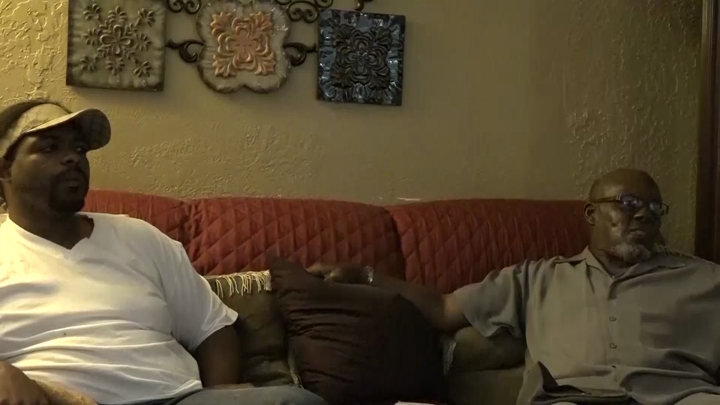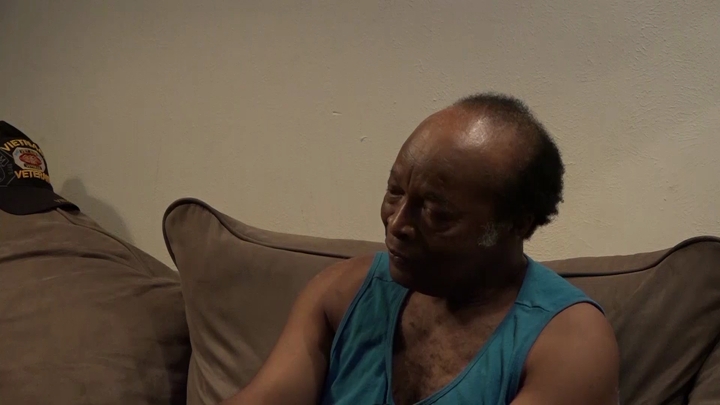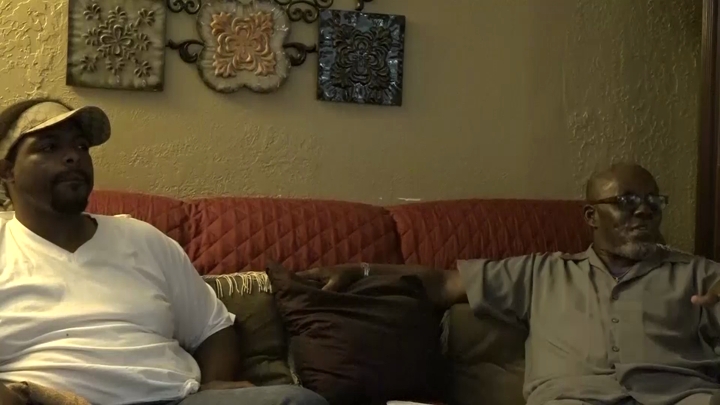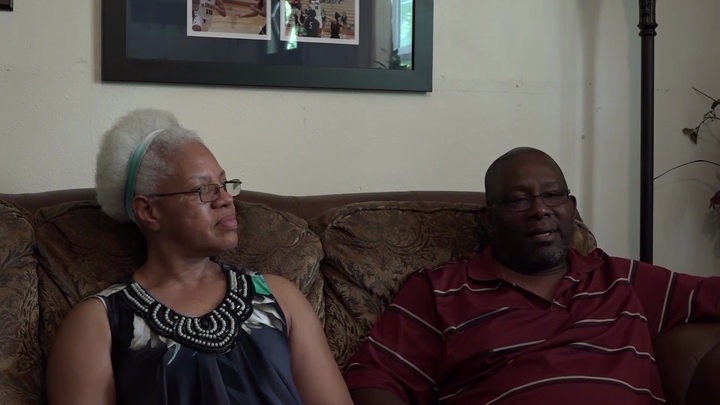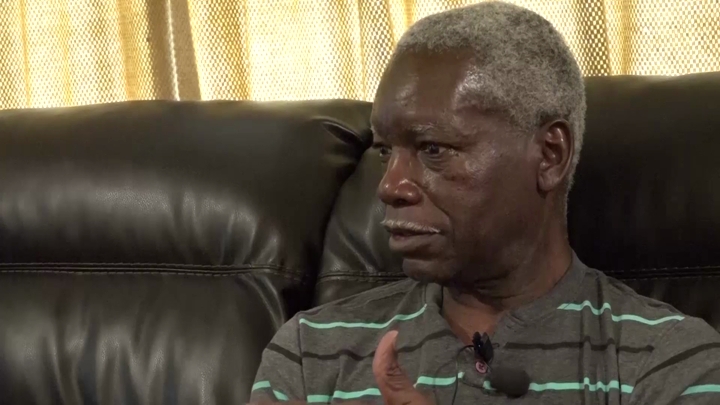Lee / The Reputation of Conroe, TX
sign up or sign in to add/edit transcript
Interviewer: Conroe has quite a reputation and I think maybe still having black and white water fountains in the eighties might have something to do with that, but what else do you think contributes to this reputation that Conroe has with being a very unfriendly place to African Americans? Lee: The way they treated a lot of the blacks in the early years. It was always been about money, jobs, stuff like that. Blacks never had the right opportunity to get the right jobs. A lot of blacks were put in jail a lot for no reason at all. I call it no reason at all, because they should have just been left to go on and stuff like that. They were put in jail and stuff. Lot of blacks had to suffer a lot of things at the hands of whites. It was pretty bad. It was pretty nasty around here because people would pass by, call nasty names at you. Say this and that. Spit on you. Then when you went to movies—only place we had the advantage in was at the movies. We sat in the back and they sat down in the little—we went to the same movies. One time we had our own movie, but that burned down. Something happened. I can’t remember a lot of that stuff. It’s been a struggle round here. A lot of people—I wasn’t around, but I remember they said they lynched a man on the courthouse square. They burned one man to death on the courthouse square. These were stories my grandparents told me about. I wasn’t old enough, but you would always know—you always kept that in the back of your mind what can happen. Interviewer: Right. In sixty-eight, we heard about a walkout at Booker T. Washington in response to the Martin Luther King assassination. Lee: Yeah, I think that it was after—before or during it. I forgot exactly what prompted it. Some kind of way we got organizing, and we—I think that we had read somewhere that it said segregation, they must serve you or close you down. That’s why we knew that Walgreen’s, one of the main places that a lot of blacks went to get medicine and stuff. Then you had a big old counter in there and a bunch of stools in there. So that’s where we went. All we went to do was get served. We all had money. Interviewer: We also heard that in 1991 there was a football strike that had to do with what we understood was black cheerleaders? Not having enough? Proctor: Yeah, I mean, for the longest they wouldn’t—they didn’t want them. Basically, the didn’t want the black cheerleaders. Their cheerleaders were predominantly white. In 1991, the football players decided that, okay, if you won’t have any black cheerleaders, but you’ll have black players, then we won’t play. Play with the team that you have. That turned the tables a little bit, and then they started allowing—started picking black cheerleaders in their pep squads and cheerleading and different things like that. Interviewer: How were those football players who went on strike effected? Proctor: I wouldn’t say drastically but you could tell the difference in the attitudes of the people. Why y’all doing this? You’re not hurting anyone but yourself. No, we’re trying to change something that’s not right. That’s what they were doing, but the attitudes from different teachers, they did endure some of that, but it wasn’t to point that they were failing classes or anything of that nature. Interviewer: Do you remember any other marches or protests in Conroe whenever you were growing up in addition to the Walgreen’s one? Lee: Not really. The Walgreen’s and not more than—(inaudible) they killed—somebody got killed. Greg Steele. When they killed Greg Steele. I was in Dallas at the time, but I was still living in Conroe. It was during Christmas, I think, and I came back home. (inaudible) was burned down. (inaudible) was the white business owner in a black neighborhood and after they killed Greg Steele uptown—and immediately, I guess the blacks just went wild. Interviewer: That’s 1970s, right? Lee: I think so. Somewhere around there. Interviewer: Do you remember what happened or what was said happened with Greg Steele? Lee: He was going with this girl. His—her stepfather was a policeman. Calvin Bryant, Darwin Bryant, something like that. I think he was going with the girl too. I’m not sure, but they said somewhere to that effect and—Anyway, Greg was going with his daughter, stepdaughter. Greg got arrested and he was handcuffed, and they killed him. Interviewer: This happened—the police shot him while he was in handcuffs? Lee: I think he was shot and (inaudible) immediately. Interviewer: So, there was a response from the African American community about that? Lee: Yeah, because when I got back the taxi-cab wouldn’t even come in that neighborhood. They was turning over cars and throwing rocks and just tearing up stuff, because I guess people were angry.


